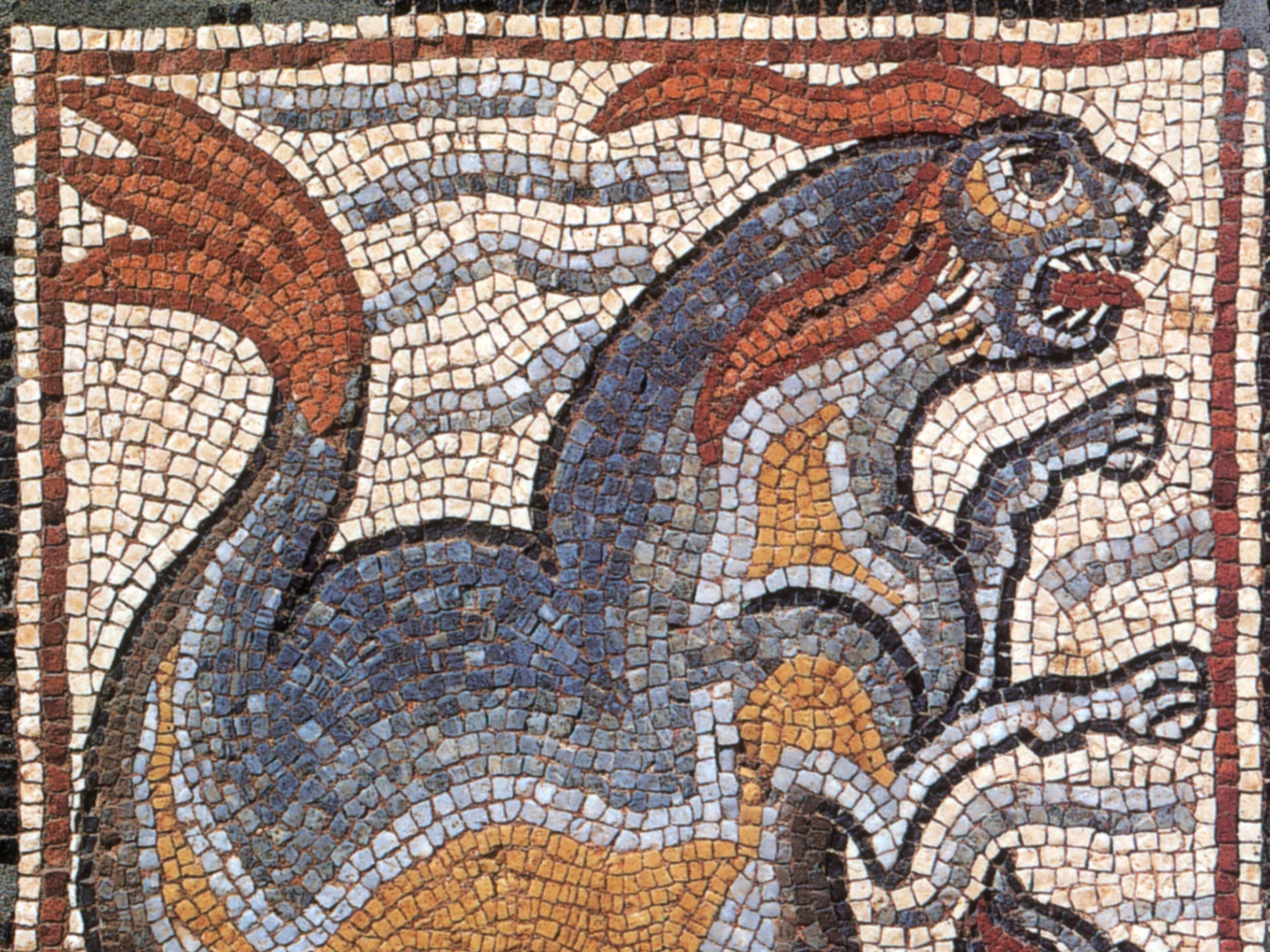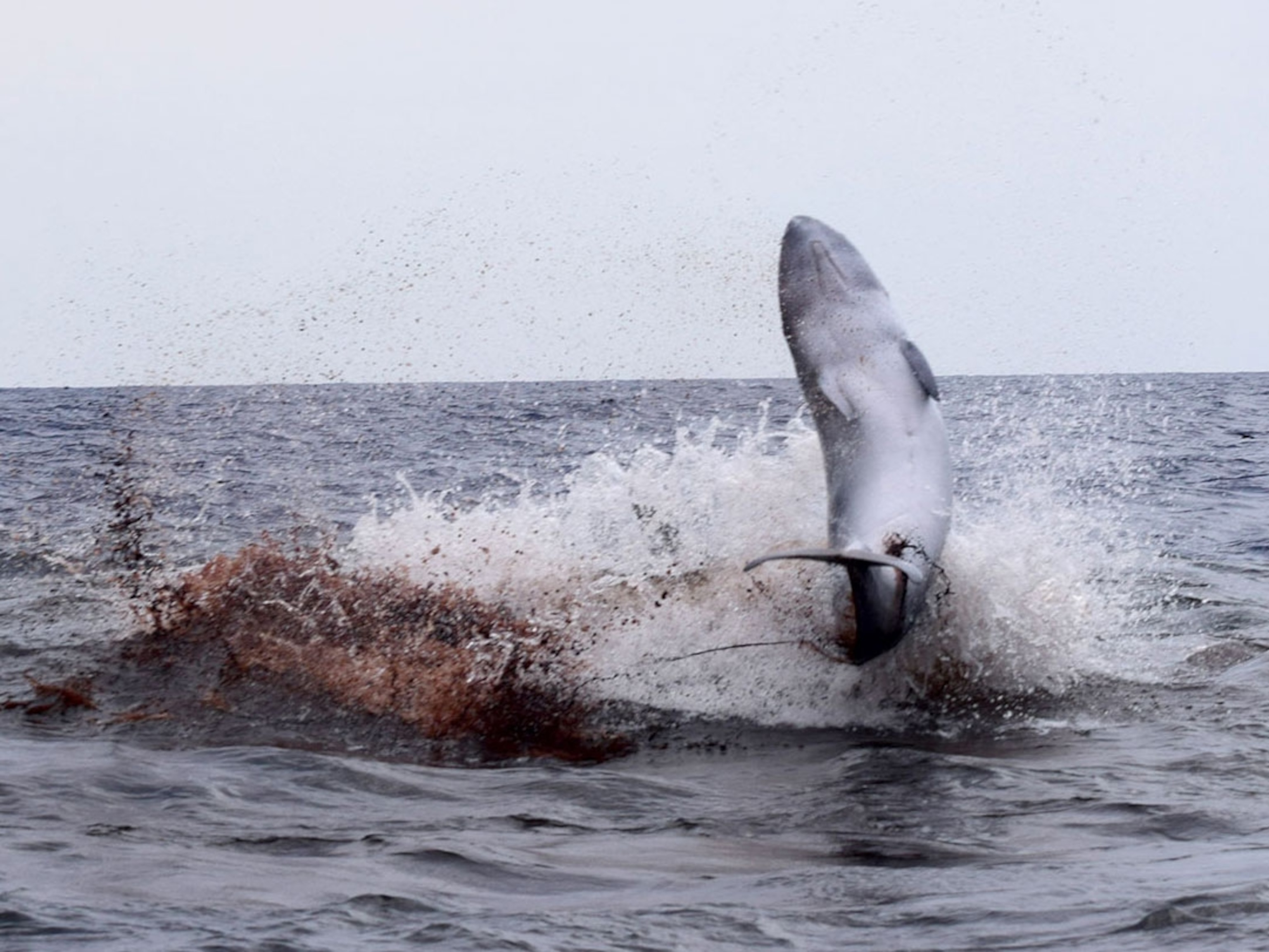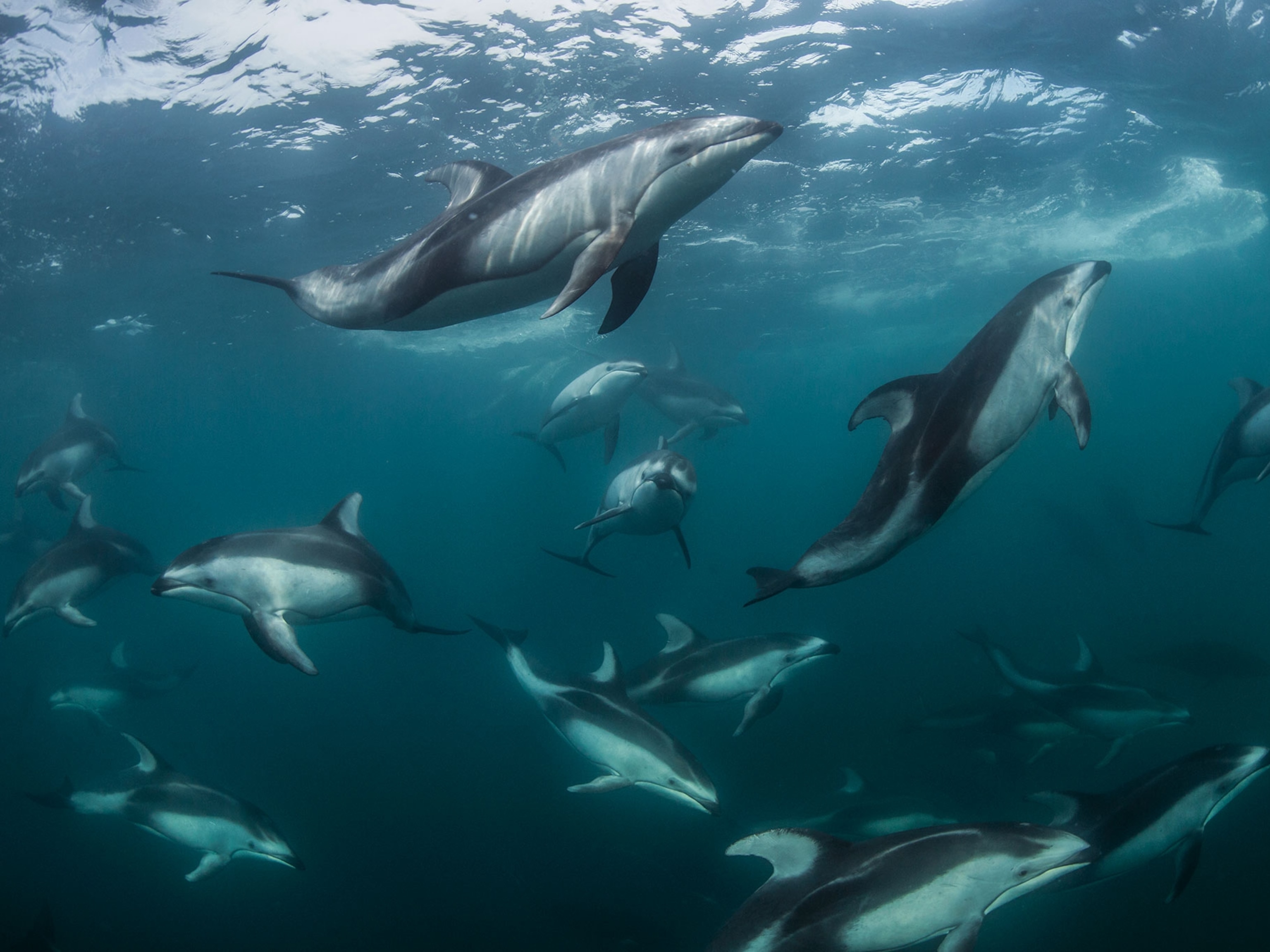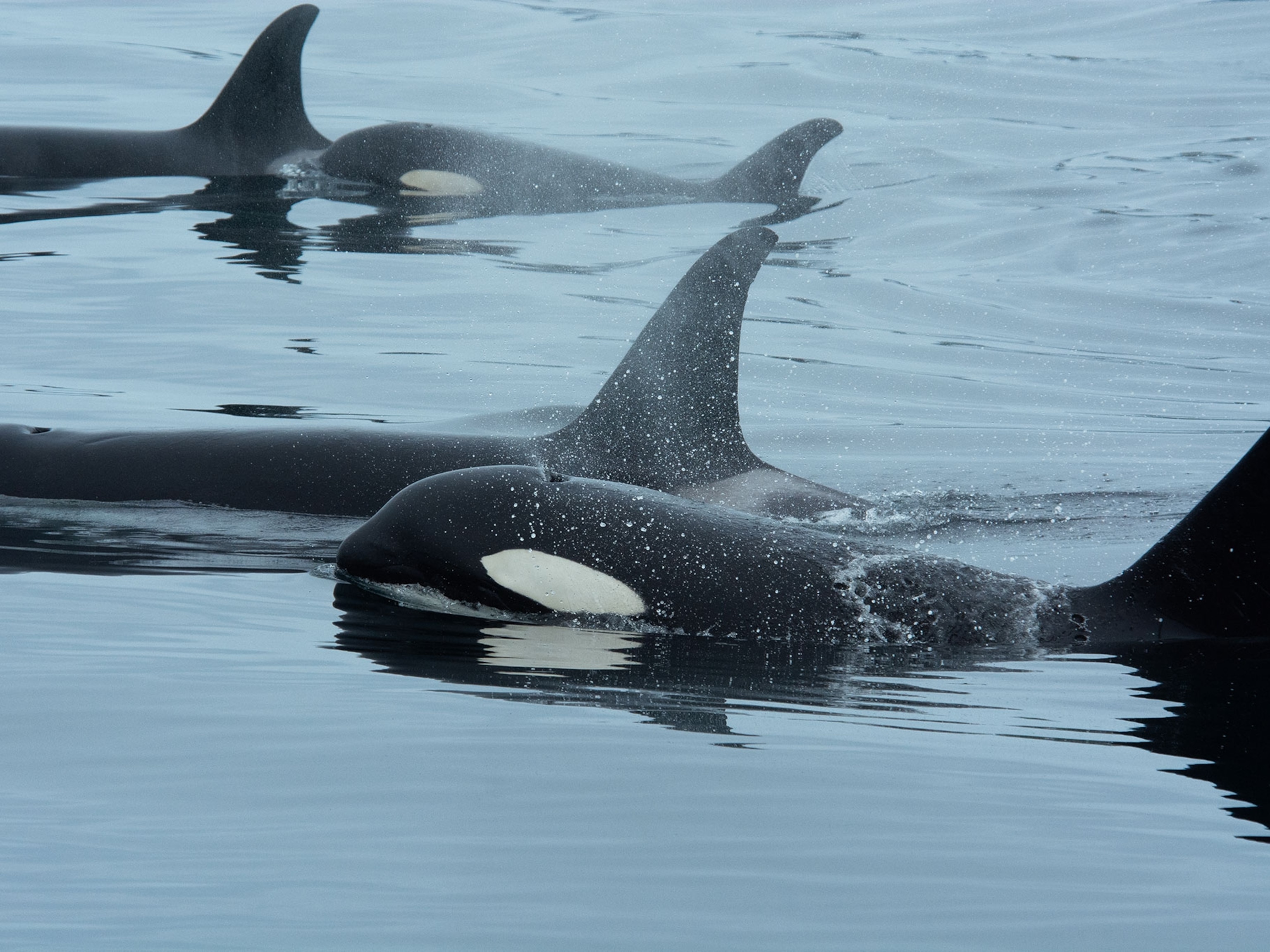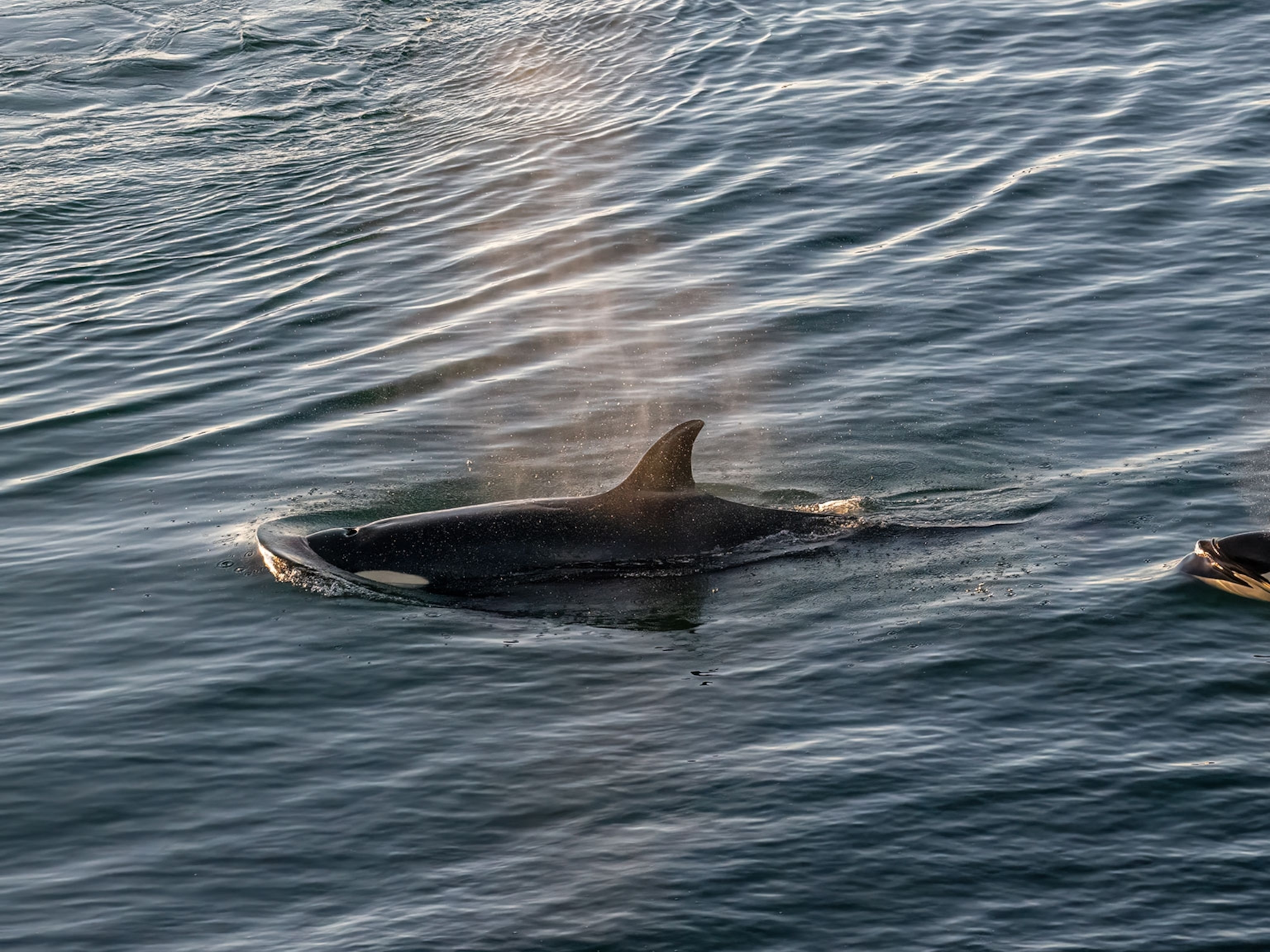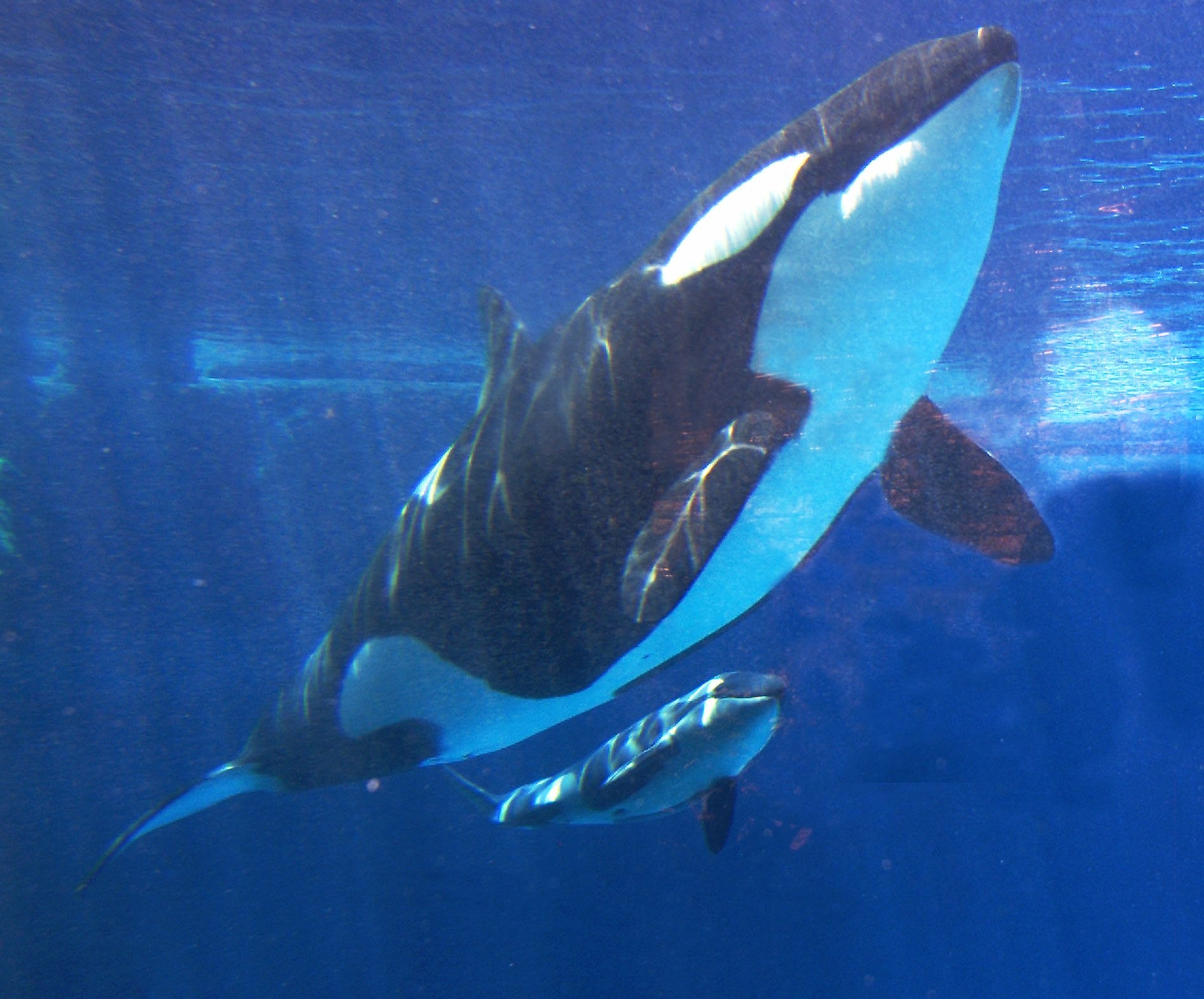
SeaWorld to End Controversial Orca Shows and Breeding
The entertainment company has yielded to intense pressure from animal activists.
As Tilikum lies dying in a tank in Orlando, SeaWorld made a major announcement Thursday: After several years of pressure from activists and the public, the company will end its orca breeding and theatrical shows programs.
The company had already announced plans to end its controversial whale shows in San Diego in November 2015, in response to scrutiny from the state of California, and now SeaWorld is going a step further by phasing out its theatrical orca shows at all locations, including in Florida and Texas.
SeaWorld will replace its shows—which have been seen by 400 million people—with "new, inspiring, natural orca encounters" emphasizing "orca enrichment, exercise and overall health" while its remaining whales remain alive.
The company hasn't added a captured whale for years but has been breeding them in captivity, a process that is now being phased out. (Tilikum was captured off Iceland in 1983.) The phase-out will take some time, as the company currently has a pregnant orca, Takara, in captivity.
Theatrical orca shows will end at SeaWorld San Diego in 2017 and in Orlando and San Antonio in 2019.
"We are proud of our part in contributing to the human understanding of these animals," SeaWorld CEO Joel Manby said in a statement. "As society's understanding of orcas continues to change, SeaWorld is changing with it."
The announcement has been praised by People for the Ethical Treatment for Animals, which has campaigned against SeaWorld for years. Still, the advocacy group is calling on the company to end their orca programs immediately and "open their tanks to the oceans."
SeaWorld has argued that its orcas are unfit for survival in the wild and cannot be safely released. (Learn more about the challenges of releasing captive orcas.)
PETA has also asked the federal government to outlaw the keeping of orcas in captivity, noting that some remain in other parks not owned by SeaWorld.
Public scrutiny of SeaWorld's so-called "Shamu" shows has risen in the three years since the critical documentary Blackfish was released, building on the outrage over Tilikum's killing of trainer Dawn Brancheau in February 2010. After that, former trainers began to speak out about stress among the captive whales, bullying as a result of the close quarters, demanding schedules, and the cramped and unnatural conditions they endured.
Over the past few years, attendance at SeaWorld and whale shows dropped, protests were launched, and musicians boycotted the parks.
Follow Brian Clark Howard on Twitter and Google+.
